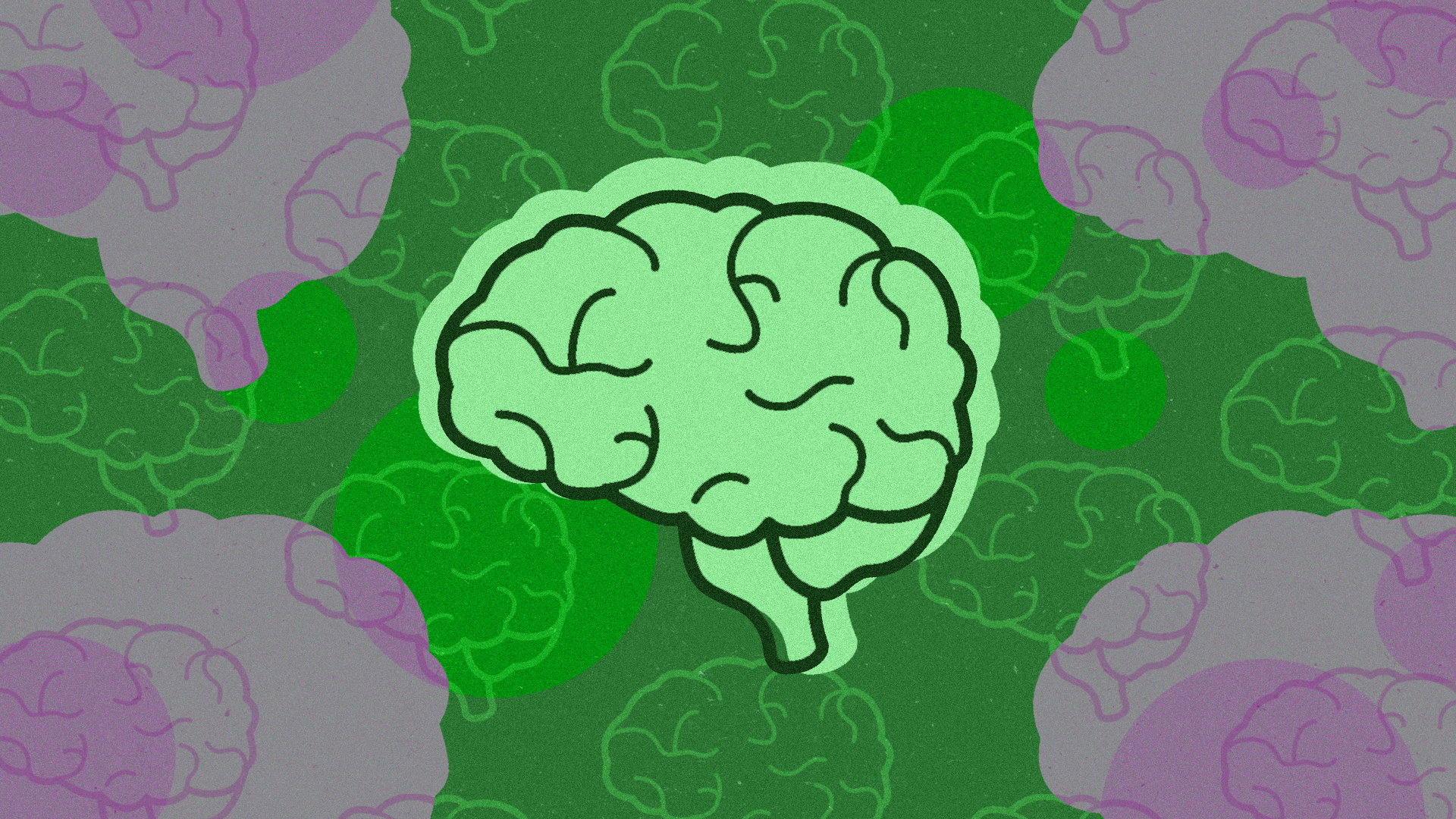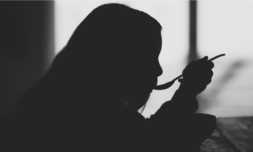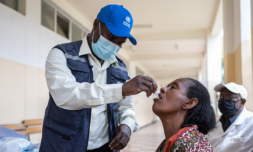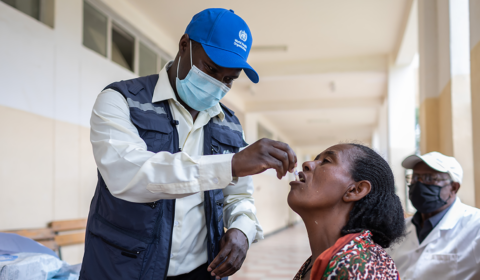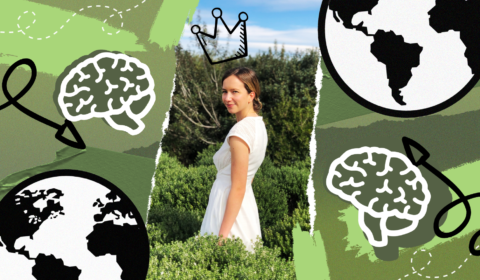Gen Z are the most likely group to be affected by mental health problems in Africa.
Africa’s failure to adequately respond to the surging mental health crisis is affecting more than 60% of the population.
It is saddening that poor mental health is not considered a crisis in Africa, despite many young people suffering with depression and schizophrenia.
Untreated conditions can negatively impact development, quality of life, and the ability to fully participate within local communities as expected. Gen Z are most affected as they transition from childhood to adulthood, tackling the struggles of growing up in a turbulent political and economic climate.
Poverty, homelessness, juvenile justice systems, poor mental health care systems, and the rising impacts of being orphaned by HIV/AIDS has exacerbated the crisis to a higher level.
According to the World Health Organisation, approximately 85-90% of young people between ages 14 – 24 live in poor conditions. This means they are unable to get professional and quality medical care.









